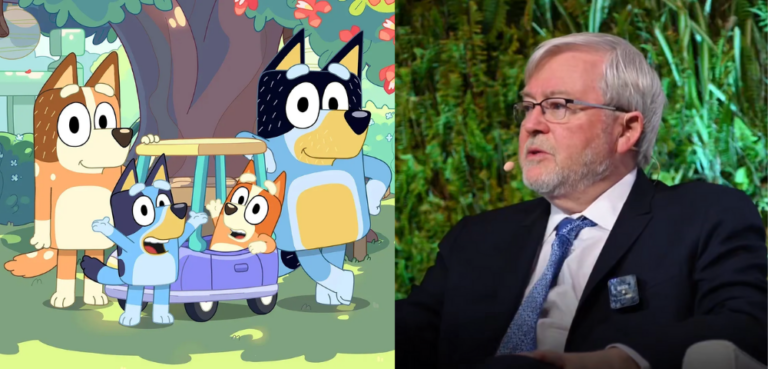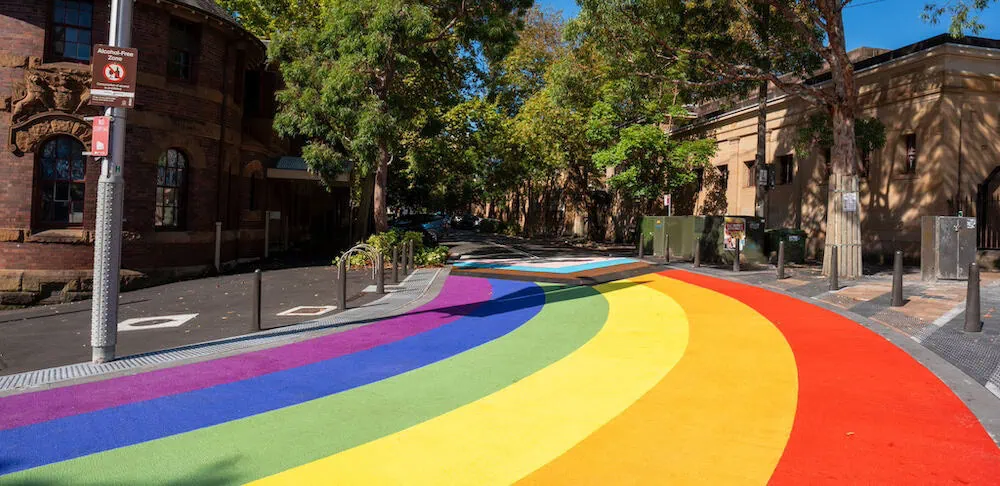
Wollemi pine finds its way into space
BY MICK ROBERTS
WHILE the Europeans are digging a huge hole in the Norwegian permafrost for an agricultural seedbank ‘ Sydney’s Botanical Gardens is looking beyond the planet as an insurance policy for the survival of plant species.
For the first time, Australian seeds have been sent into orbit in an experiment jointly conducted by the Sydney Botanic Gardens Trust and United States space agency, NASA.
Botanic Gardens Trust Executive Director, Dr Tim Entwisle said Australian seeds are among the hardiest on earth and may well be suitable as oxygen producers when humans colonise other planets.
‘We have sent 2523 seeds in a vacuum sealed pack into space, with a control pack of seeds kept back here in the Botanic Gardens,’ Dr Entwisle said.
‘Other seeds have been sent into space, mostly vegetables, but none from Australia. It’s hoped this small experiment will show how Australian seeds respond to microgravity and ionising radiation, perhaps demonstrating they are the toughest on earth and in space,’ he said.
The experiment could lead to ground breaking research by providing a preliminary evaluation of Space Station seedbanking ‘ a possible option for the future.
‘We already duplicate our most critical seeds in the Millennium Seedbank at Kew Gardens in London,’ he said.
Four iconic Australian species were chosen to go into orbit ‘ the waratah, golden wattle, flannel flower, and the Wollemi pine.
‘The wattle was chosen as it has one of the toughest seeds in the world and the seeds can survive for more than 100 years,’ Dr Entwisle said.
Wattles are quick growing oxygen producers and could be useful for when humans colonise the moon or planets, he said.
‘The others have different seed survival rates and will make an interesting comparison. They are all plants we grow at the Botanic Gardens Trust.’
He said the Wollemi pine is an interesting inclusion.
‘It is now spread all around the world. From less than 100 in the wild to hundreds of thousands propagated and for sale everywhere. Now we have its seed in space – symbolic of a successful conservation program for the species.
‘Also a reminder for us – we don’t want to lose the Wollemi Pine and all our other plants species on earth, and be left with 23 seeds of the Wollemi Pine floating in space.’
NASA astronaut Dr Gregory Chamitoff has taken the seeds with him on the Discovery Mission, launched on May 31, to the International Space Station.
Dr Chamitoff is scheduled to spend up to six months in space and will return to earth with the seeds.
Dr Entwisle said a Gardens’ staff member’s friendship with Dr Chamitoff while he was working in Australia led to the opportunity to become involved in the experiment.
The experiment will also highlight the important role of the Botanic Gardens Trust in ‘seedbanking’ ‘ storing seeds under conditions best suited to extend their lives.
‘This provides an insurance policy for species that might become extinct due to global warming or other changes to their habitat,’ he said.
‘With habitats under increasing threat, conservation seedbanking is an important strategy for both storing and understanding genetically important wild seeds. As part of a global seed conservation effort Botanic Gardens Trust is a partner in the Millennium Seed Bank Project based in the UK.’
Also included in Dr Chamitoff’s official flight kit is a scarf from Sydney’s Royal Botanic Gardens depicting three of the species and a poster describing all four species.










